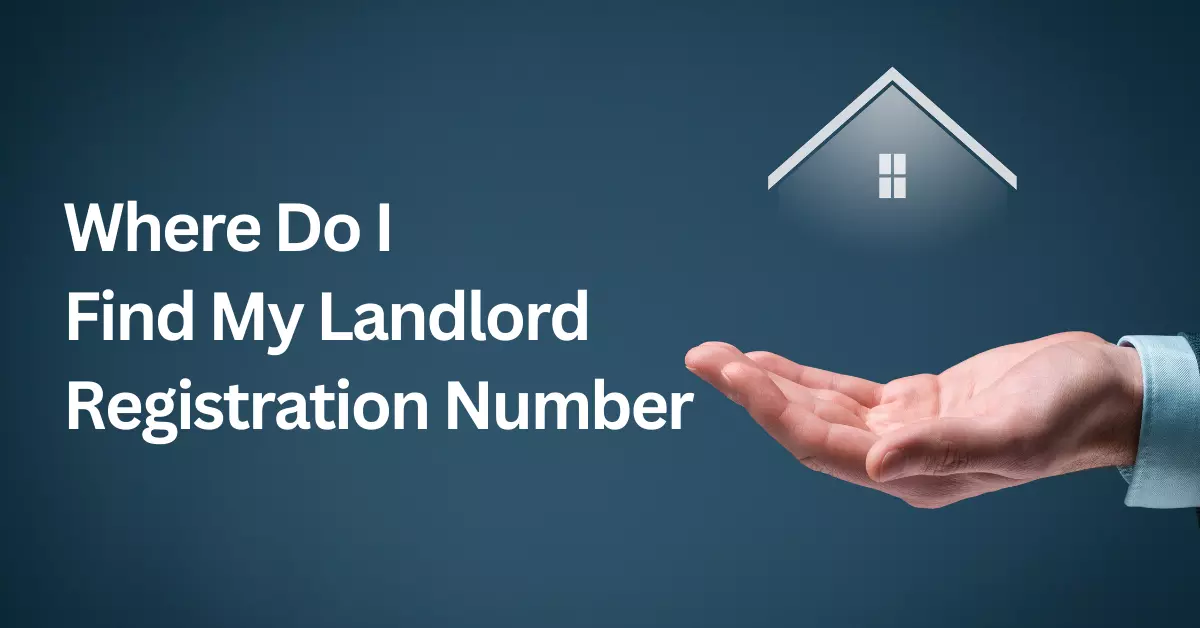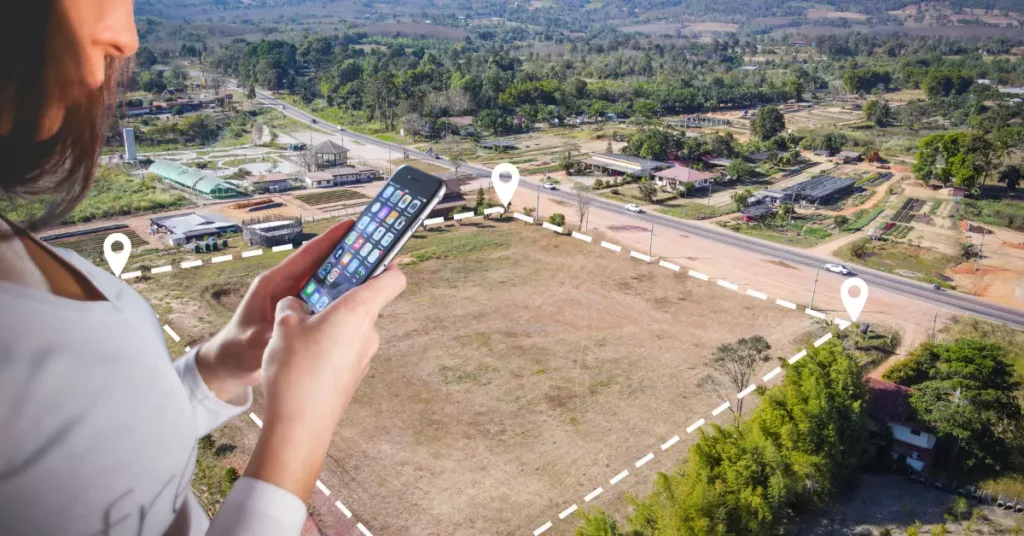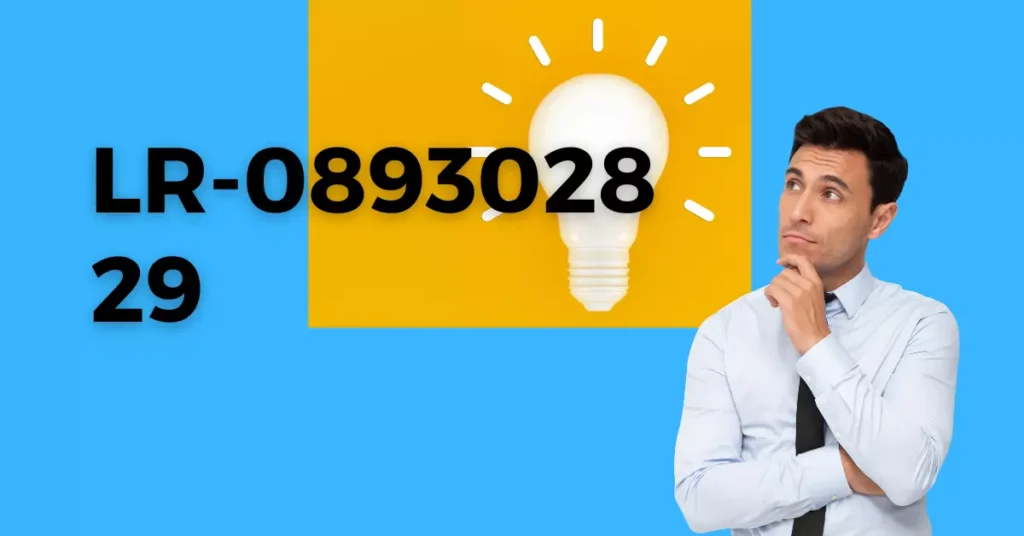Where Do I Find My Landlord Registration Number?
You can find your landlord registration number by contacting your local authority or checking their online database. Landlords are required to be registered in many countries and cities, and their registration number is an important piece of information for tenants to have.
As a tenant, it is important to know your landlord’s registration number. This number is a unique identifier that is issued to landlords by their local authority after they have completed the registration process.
In many countries and cities, landlords are required by law to register and provide this information to their tenants.
Embarking on this journey, we’ll decipher just where this elusive number hides. Let’s unravel this mystery together, shall we?

How To Find Your Landlord Registration Number
Where Do I Find My Landlord Registration Number?
If you’re renting a property in us, your landlord is required to register with the government to ensure their property meets health and safety standards.
If you’re unsure where to find your landlord’s registration number, don’t worry! In this guide, we’ll show you how.
Check Your Lease Agreement
Your lease agreement is an essential document to reference, as it outlines important details about your rental agreement. Check your lease agreement for any mention of your landlord’s registration number.
Look For A Section On Landlord Registration
If your lease agreement doesn’t specifically mention your landlord’s registration number, look for a section on landlord registration. This section may provide instructions on how to locate your landlord’s registration number.
Check If Your Landlord Provided Their Registration Number
Your landlord may have provided their registration number when you first signed your lease agreement. Check any documentation you received for your landlord’s registration number.
Contact Your Landlord Or Property Manager Directly
If you’re still unable to locate your landlord’s registration number, try contacting your landlord or property manager directly. They may be able to provide you with the information you need.

Request Their Registration Number
When you contact your landlord or property manager, be sure to ask for their registration number. They may not have given it to you initially, but they should be able to provide it upon request.
Ask For Proof Of Registration
Once you have your landlord’s registration number, it’s always a good idea to ask for proof of registration. A certificate or other official document should suffice.
Search Your State Or Local Government Database
If you’re unable to get any information from your landlord or property manager, you can search your state or local government database for your landlord’s registration number.
Discuss Which Government Body To Check
Before you start your search, it’s essential to determine which government body to check. Depending on where you live, you may need to check with your local government or a state-level agency.
Provide Step-By-Step Instructions On How To Access The Database
To search your state or local government database, go to the appropriate website and look for a section on landlord registration. From there, follow the step-by-step instructions provided to access the database.
Explain The Details You Will Need To Search For Your Landlord
To search for your landlord’s registration number, you will need to input specific details, such as their name and address. Be sure to gather all the necessary information before beginning your search.
By following these steps, you should be able to locate your landlord’s registration number quickly and easily.
Remember, this information is important for ensuring your landlord is complying with legal requirements and keeping your rental property safe.

Why Knowing Your Landlord Registration Number Is Important
As a tenant, it’s vital to know that you are renting from a landlord who is legally registered.
In Scotland, landlords must register with their local council and obtain a landlord registration number. Here’s why you need to know your landlord registration number:
Legal Obligations
The Scottish government requires landlords to register with their local council to ensure that all properties meet the minimum standard of safety and hygiene. Here are some legal requirements that you should know:
- Landlords must provide proof of ownership or written consent from the owner.
- They must hold an energy performance certificate (EPC) and provide a copy to tenants.
- They must have a valid gas safety certificate if the property has any gas appliances.
- They must follow strict rules surrounding the protection of tenancy deposits.
If a landlord fails to register, they could face hefty fines and legal consequences.
Tenant Rights And Protection
As a tenant, knowing your landlord’s registration number is crucial because it helps protect your rights. Here’s how:
- You can check whether your landlord is legally registered with their local council.
- You can rest assured that the landlord has followed stringent legal obligations, ensuring a safe and healthy living environment.
- If a landlord fails to comply with the registration requirements, you can report them to the local council.
- In case of any disputes with the landlord, you can use the registration number to file a complaint and take legal action if necessary.

Consequences For Not Registering
It’s against the law for a landlord to rent a property without registering. They could face the following consequences:
- They may receive a fixed penalty notice or a fine of up to £50,000 for non-compliance.
- If they fail to comply even after receiving a penalty notice, the local council can prosecute them.
- Non-registration can affect the landlord’s eligibility for possession orders and notice periods.
- Non-registered landlords may face difficulties in getting a mortgage, insurance, or banking services.
Knowing your landlord registration number is essential for tenants renting properties in Scotland to ensure that their landlord has legally met the requirements to provide a safe and secure living environment.
Frequently Asked Questions For Where Do I Find My Landlord Registration Number
What Is A Landlord Registration Number?
A landlord registration number (LRN) is a unique identifier assigned to landlords who meet certain requirements in accordance with local regulations.
Why Do I Need A Landlord Registration Number?
You are legally required to have an lrn if you are a landlord. It helps to ensure that landlords are meeting their legal obligations and providing safe and habitable homes for their tenants.
How Can I Find My Landlord’s Registration Number?
Your lrn should be provided to you by your local council or housing authority upon successful registration. You can also contact them directly to obtain your lrn.
What Happens If I Don’t Have A Landlord Registration Number?
Failure to register or obtain an lrn can result in fines and legal consequences, as well as harm to your reputation as a landlord. It is important to prioritize compliance with local regulations to protect yourself and your tenants.
Conclusion
With the right tools, finding your landlord registration number is straightforward. The local government or online rental platforms usually have this data.
Remember, it’s your right to know who you’re renting from, and this number helps ensure your living situation is legal and regulated.
Reference
https://www.landlordregistrationscotland.gov.uk/search/start
https://www.coralsprings.gov/Government/Departments/Business-Tax-Office/Landlord-Registration